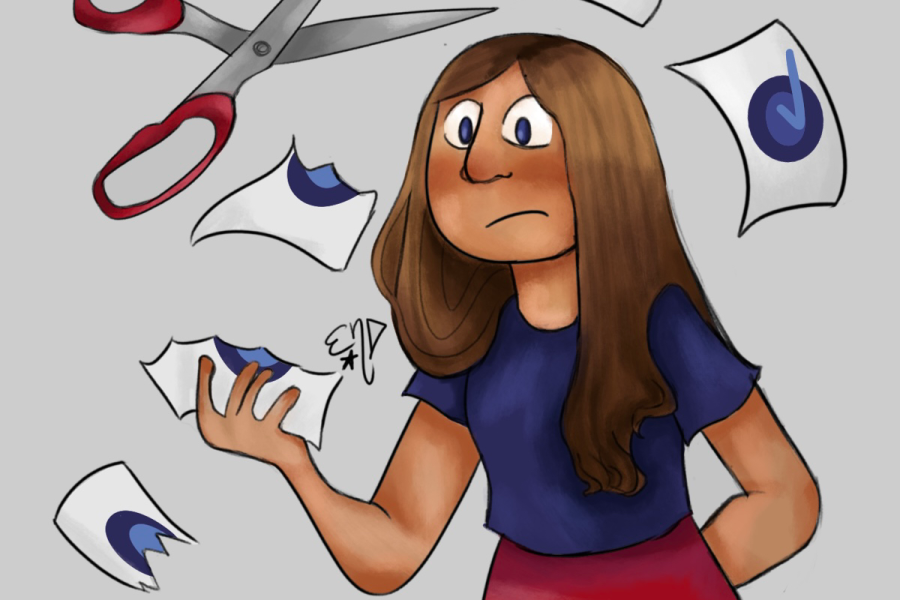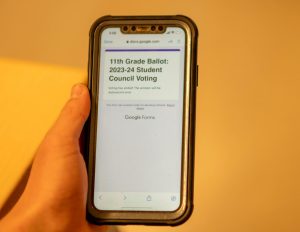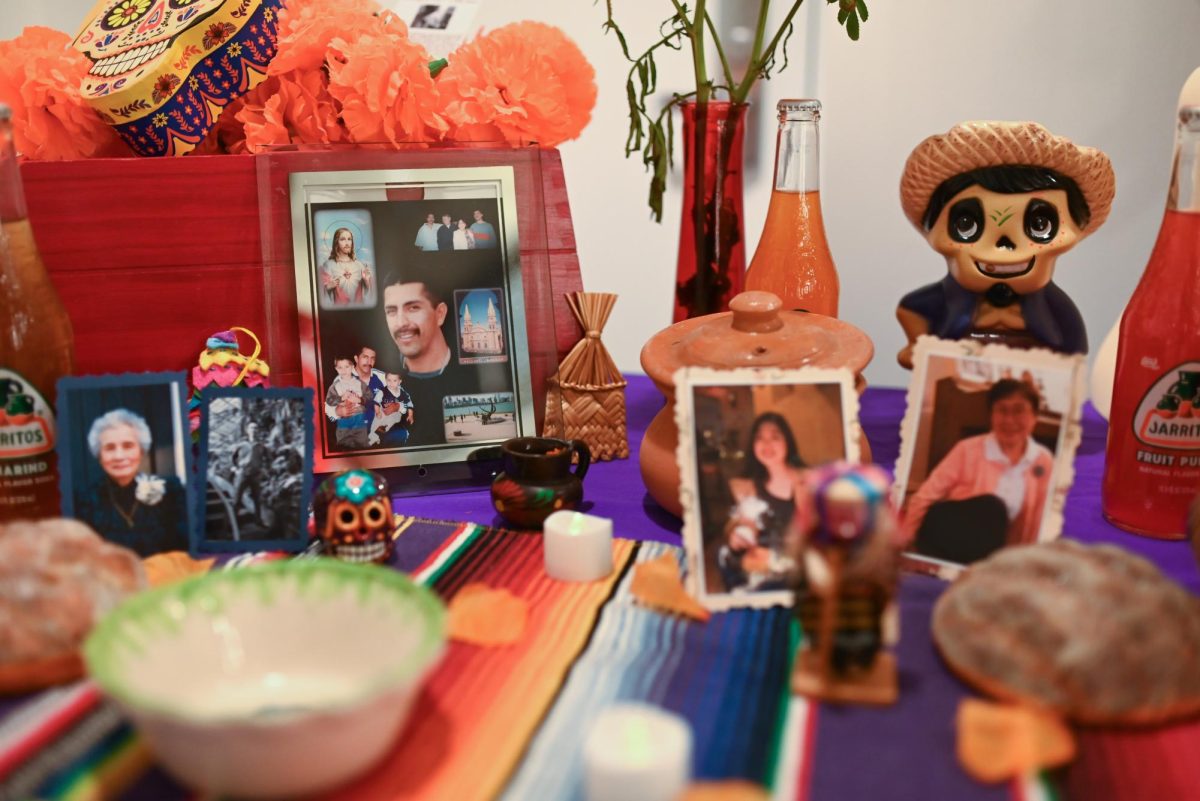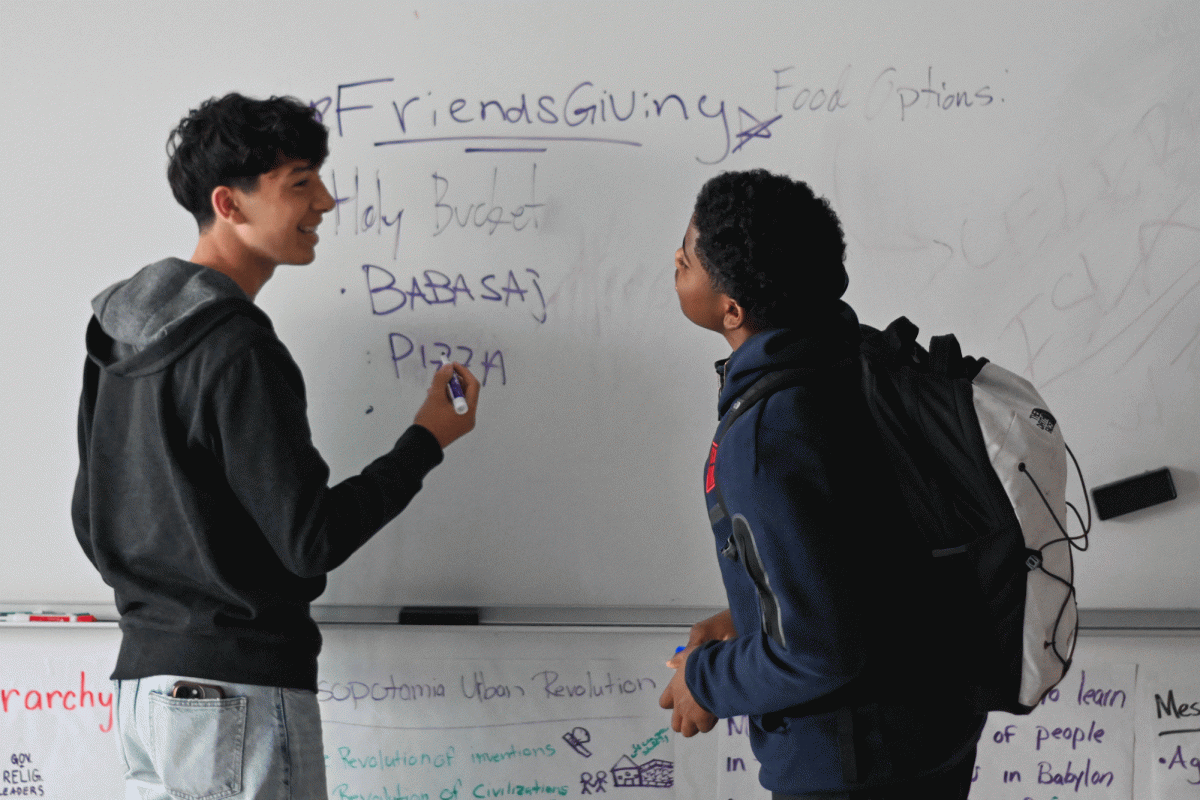Election breach threatens student voice
Failure to condemn unauthorized vote changes compromises institutional trust
Ensuring security within Student Council elections is about protecting democracy at Lab, says the U-High Midway Editorial Board.
May 25, 2023
Within hours of the Student Council election on May 1, it was clear something had gone wrong. An unauthorized alteration of votes in the database had taken place. The issue was caught by managers of the system. Students noticed changes to their votes and began speaking up.
Tampering with any election is an extremely serious violation of democracy. At U-High, it undermines the credibility of Student Council elections, contradicts Lab’s core values and, more broadly, breeds distrust in all institutions.
One could argue that this occurrence has little significance or impact on our school; the alteration was caught and the election was re-done under more secure conditions.
This violation, however, goes far beyond the inconvenience of voting a second time. One occurrence and lack of accountability sets a dangerous precedent, normalizing unacceptable and unethical behavior.
In 1962, when a young man named Donald Segretti was running for student senate at the University of Southern California, cheating, spying and disruption were standard in the school’s student campaigns. A decade later, Mr. Segretti and two other USC students were part of President Richard Nixon’s re-election campaign and the Watergate scandal that brought down his administration. The behaviors these men exhibited in college, without being held responsible, informed their future actions, leading to one of the most notorious political scandals in American history.
To be clear, we are not suggesting that whoever is responsible for U-High’s tainted election will become the next Watergate conspirator. Still, this should not be dismissed as a harmless prank.
A potential consequence of certain responses to this incident is the erosion of trust in institutions beyond U-High and of elections in general. Already, too many people in this country have unwarranted and harmful doubts about the validity of the 2020 presidential election. The notion that a flawed U-High election is inconsequential could harm students’ perceptions of future elections in which they will participate, producing cynicism or apathy.
The U-High administration’s failure to condemn — or even respond to — the Student Council election breach falls far short of Lab’s principle values to foster honesty and democracy within our community. Lab sets a goal of teaching students throughout all grade levels to be admirable global citizens and active participants in democracy. Yet, when the integrity of our school’s democratic system is at stake, all we hear is silence.
Given the potential repercussions of this instance, more accountability must be established, and more transparency from the administration is essential. The process of checks and balances within the Student Council election voting system must be improved and clarified to students. To avoid future transgressions, Student Council and administration must ensure this system is trustworthy moving forward.
One way the administration and Student Council can accomplish reliability and restore trust is simple: an election commission, including non-Student Council representatives and impartial teachers, should be appointed to regulate election procedure. Furthermore, all election results, votes and vote margins, should be shared with the student body as soon as they are available.
It is not solely about one flawed Student Council election. It’s about instilling trust in elections among all U-High students and maintaining our democratic system going forward.













